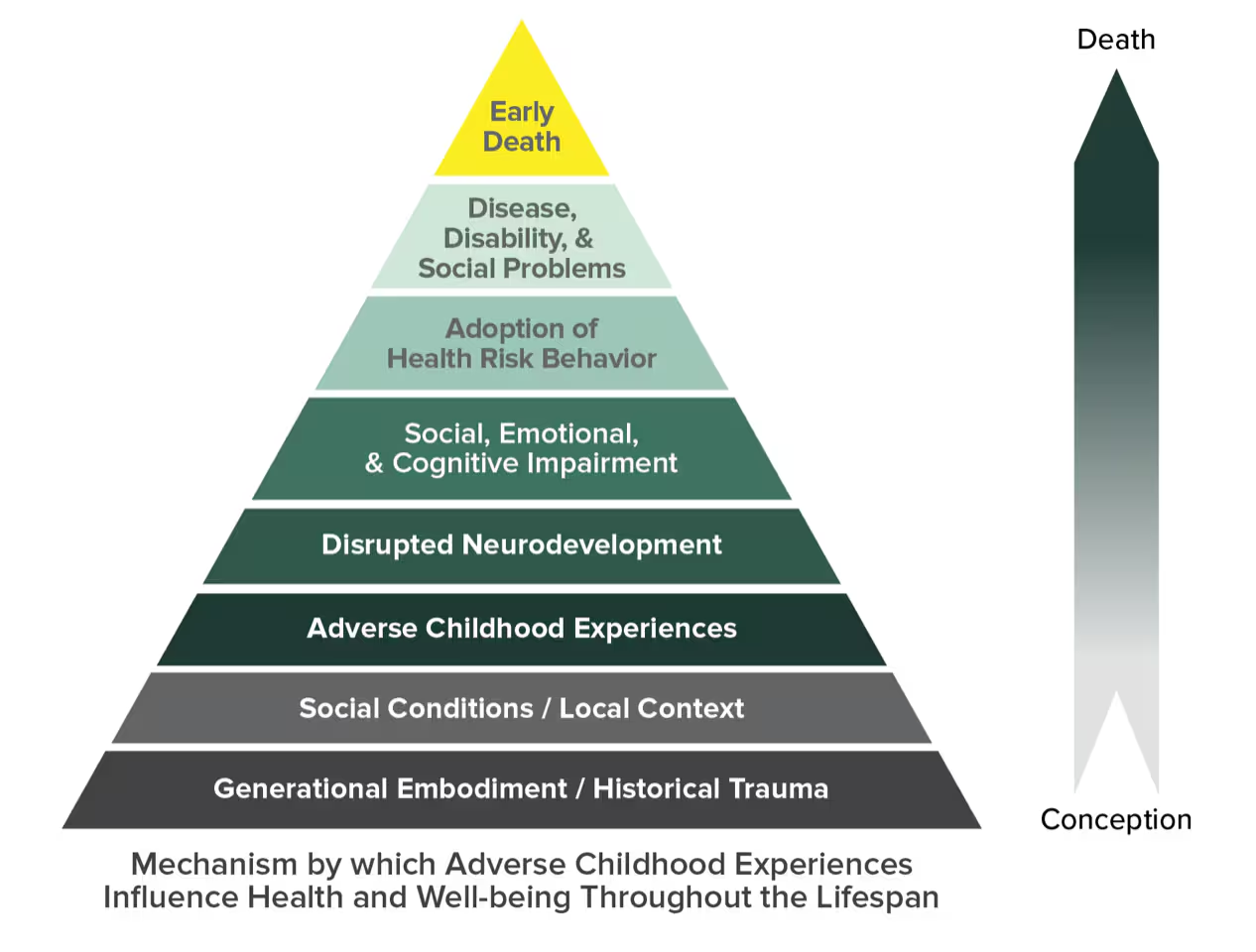No state is immune from housing supply challenges – from residents leaving states due to high costs and low affordability to lack of housing for public workers like fire, police, nurses and teachers to live in the communities they serve. Other Governors are confronting challenges from disasters and the increase in short-term rentals.
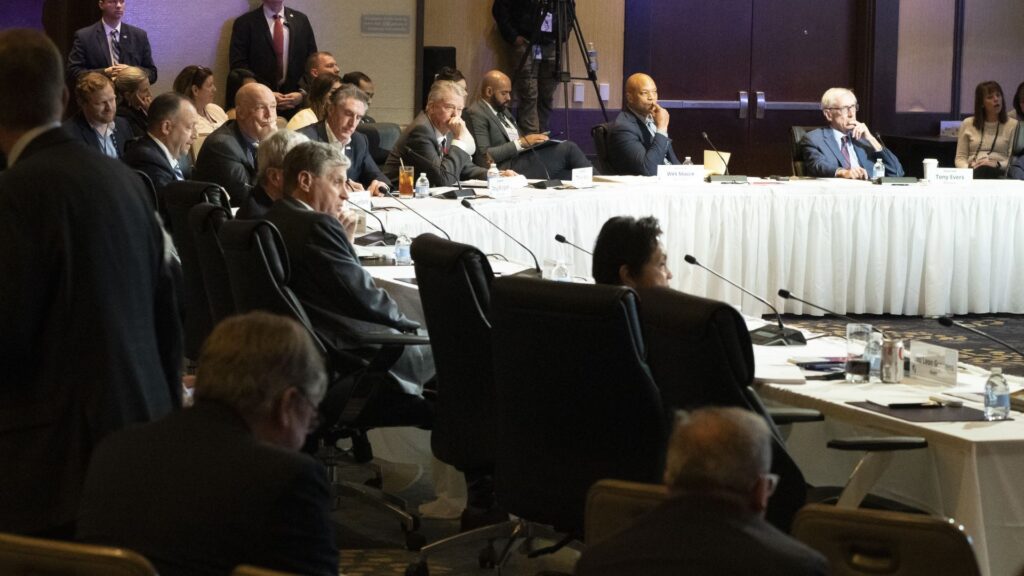
NGA Vice Chair Colorado Governor Jared Polis, led a roundtable discussion on housing availability and affordability at NGA’s 2024 Winter Meeting. Governors of 11 states participated in the hour-long discussion, in which expert Charlie Anderson, executive vice president for Infrastructure at Arnold Ventures, was on hand to detail national housing trends.
Several broad themes emerged as Governors discussed the challenges their citizens face in finding and affording housing.
Many Governors discussed the need for reducing zoning restrictions, including removal of parking requirements and growth caps, allowing duplexes in any area that currently allows single family housing, reduction of minimum lot sizes, and reform of planning processes.
There was also extensive attention to funding and finance options to encourage home construction and help people to deal with the challenge of affording a home. Beyond NGA’s bipartisan support for federal legislation increasing states’ ability to finance housing options through bonding and extending the low-income housing tax credit, many Governors are looking to put state dollars in play.
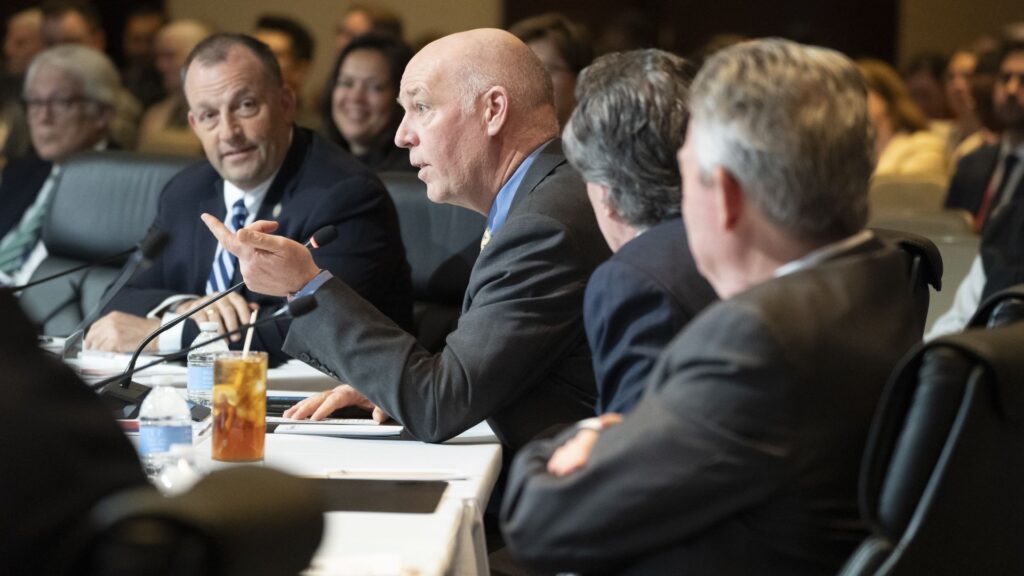
Governors have multiple policy options to confront the challenges facing their states, but political consensus is key. Montana Governor Greg Gianforte discussed the creation of his Housing Task Force to bring together public and private stakeholders to develop recommendations for the legislature. He noted some Montana communities are seeing decreases in rent and improving rental vacancy rates. He also acknowledged there was more work to be done, and he is extending the Task Force to compile further measures for the next legislative session.
Oregon Governor Tina Kotek discussed her efforts to fund revolving loans for developers, finance local infrastructure needs for new construction, and fund homeless shelters and eviction prevention programs.
NGA Chair Utah Governor Spencer Cox discussed his proposal currently before the state legislature to use state investment funds to finance the construction of 35,000 starter homes over the next five years. He also talked about efforts to support local community infrastructure needs and efforts to ensure new homes are bought by those who will occupy them.
Hawai`i Governor Josh Green detailed efforts by his state to help buy down interest rates on large housing projects, as well as how some of their small-dwelling village projects are helping reduce costs for Medicaid. Governor Green also discussed the challenges created by short-term rentals and the desire to see more long-term rentals without destroying value for owners.
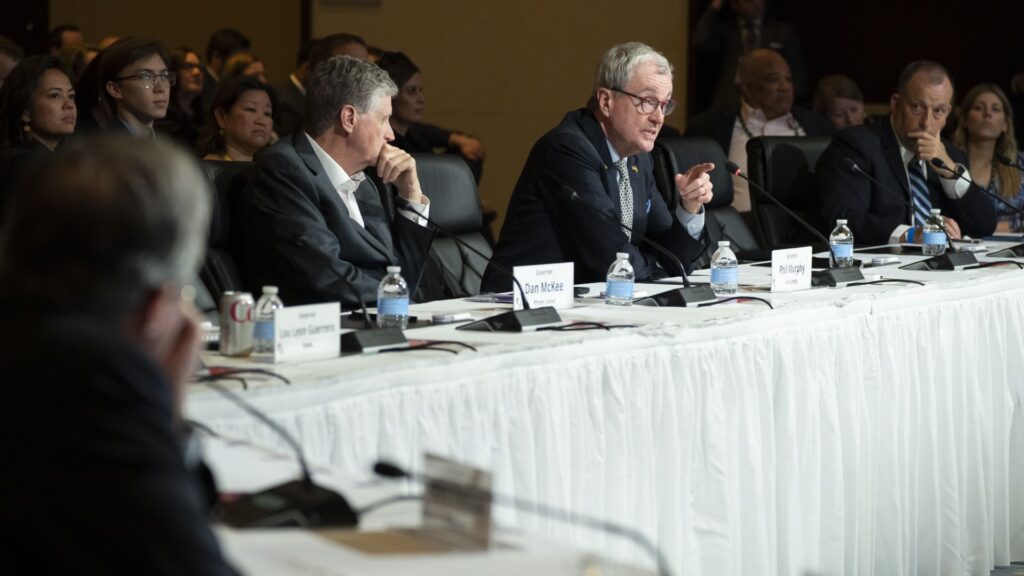
New Jersey Governor Phil Murphy shared some of the history of redlining in New Jersey and provided an overview of his efforts to increase affordable housing. He referenced a bill in the legislature to reform local zoning processes. The Governor noted the changing levels of demand post-pandemic as well as his interest in the example of North Dakota on a state investment fund to support some of their efforts.
North Dakota Governor Doug Burgum responded with details on his state’s Legacy Fund and some of the things it funded, while responding to other Governors regarding competition with community banks and other entities.
Governor John Carney of Delaware asked for input from Governors who have inclusionary zoning requirements, referencing rules requiring developers to create a percentage of units in any project that must be offered at below market rates in Maryland.
After Governor Polis referenced a cap on affordability requirements in Colorado of 20 percent, Maryland Governor Wes Moore responded by thanking the other Governors for their willingness to take his calls to talk about housing. He also mentioned ongoing efforts to offer more incentives and not mandates to improve support from local jurisdictions. He mentioned his own efforts to advance apprenticeships to increase the housing workforce. He also referenced renters’ protections and right of first refusal for tenants to purchase property. He noted that Maryland had very different challenges in Baltimore and the Eastern Shore and western Maryland and that he was focused on the solutions that were right for each region while dealing with the legacy of redlining.

Governor Burgum talked about the historical origins of zoning to protect public health and his efforts to ensure greenfield costs of infrastructure did not overwhelm projects. He also talked about efforts to promote mixed use development and walkable communities as well as support for “granny flats” as he called ADUs.
Rhode Island Governor Dan McKee discussed his state’s use of ARPA funds to support renters and new home owners. After referencing his mother-in-law living in an ADU, he asked questions about metrics other states were using to judge success. He expressed concerns that measures may go too far and drive down prices so that individuals lose equity.
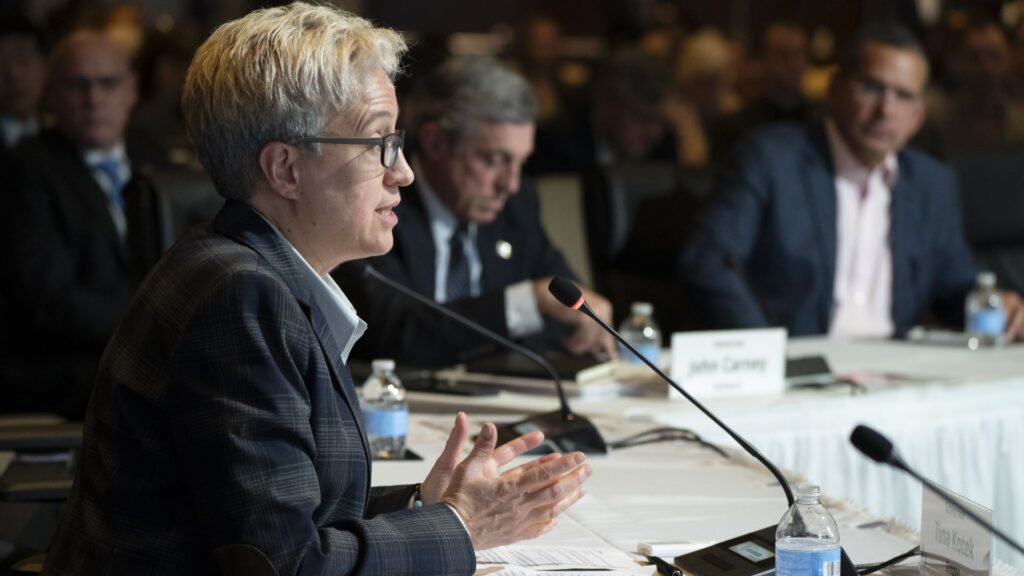
Governor Kotek discussed inclusionary zoning mandates versus incentives with an example from Oregon. She pointed out that some communities refused to participate so they mandated duplex zoning in certain sized communities to ensure equity. Governor Polis engaged on the topic, and they discussed working on ADU permitting by right as well as an automatic process for subdivision of lots with ADU so that more individuals could take advantage of tax credits and mortgage interest deductions.
Check NGA’s Housing page for updates on Governors’ housing solutions.
Video of the full discussion is available here and below.
Arnold Ventures discussion of the event can be found here.







